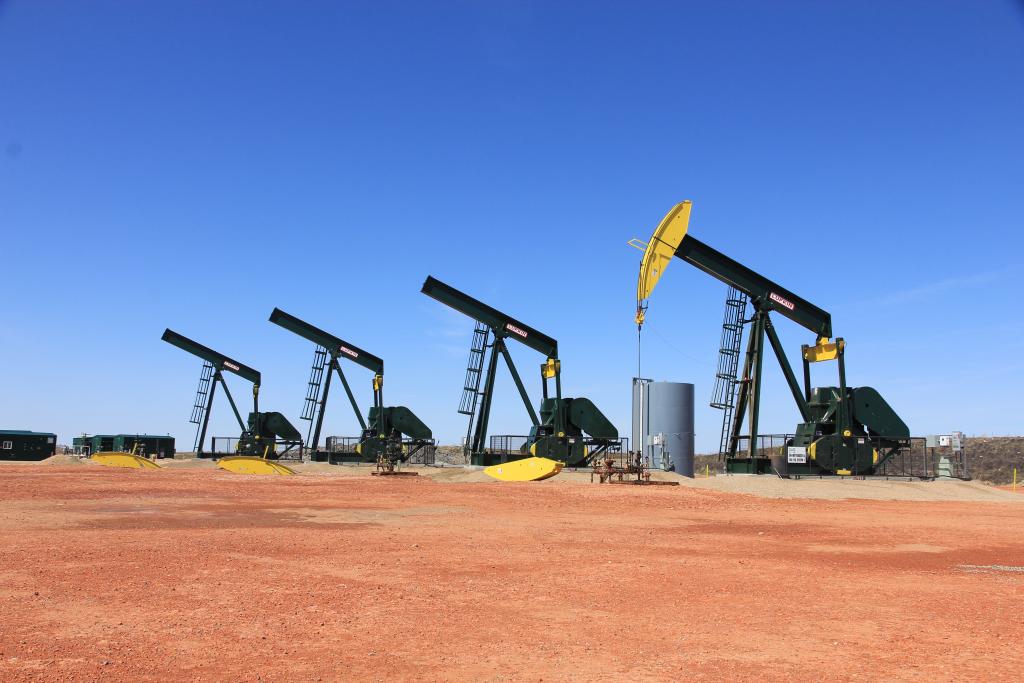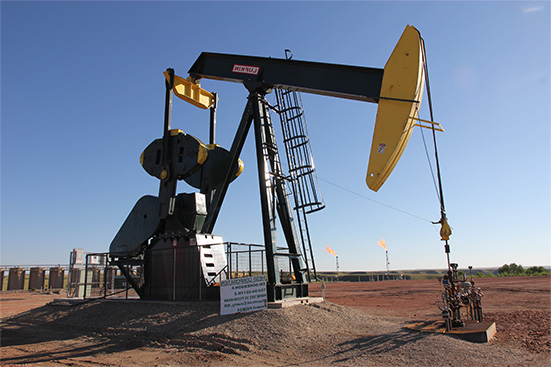
Technological advancements have made it easier for energy companies to identify and develop proven oil fields. This efficiency, coupled with the ever-growing demand in the energy sector, is attracting more qualified individuals to oil and gas investment.
These programs are more than just investment opportunities; they provide access to potential income streams and tax benefits. For those considering a venture into this field, understanding the nuances of DPPs is essential.
What Are Direct Participation Programs (DPPs) for Oil and Gas?
DPPs are investment strategies that allow individuals to invest directly in oil and gas ventures. Unlike indirect investments like stocks or mutual funds, DPPs provide a direct stake in energy projects. This direct involvement offers a unique blend of potential rewards and risks.
How Do DPPs Function in the Oil and Gas Sector?
DPPs work by pooling capital from multiple investors to fund oil and gas operations. Investors gain a share of the profits from these ventures, proportional to their investment. This approach reduces the financial burden on any single investor and diversifies risk across the group.
DPPs: The Different Ownership Types
- Limited Partnership Ownership – Here, investors are limited partners who contribute financially but are not involved in day-to-day operations. Their liability is limited to the amount they invest.
- Working Interest Ownership – This type offers more active involvement, with investors taking on a role in the operation’s decision-making process. However, this comes with greater liability and potential for higher returns.
Contact DW Energy
Want to learn more about oil & gas investing? Our expert team can provide you with more information or schedule a consultation to talk about diversifying your investment portfolio.

Why Invest in DPPs for Oil and Gas?
- Direct access to profits – Investors directly reap the benefits from oil and gas sales.
- Tax benefits – DPPs offer deductions on drilling costs and depletion allowances.
- Potential high returns – Investing in domestic oil and gas exploration and production offers financial benefits for qualified individuals and entities seeking diversification beyond traditional or low-yield investment options.
- Portfolio diversification – Offers the opportunity to balance and potentially enhance returns by spreading investments across various promising and dynamic segments of this globally influential industry.
Who Can Invest in DPPs for Oil and Gas?
DPPs are tailored for investors who meet specific financial and experience thresholds. They are best suited for those who can handle the potential risks involved in these investments.
Accredited and Qualified Investor: What Does It Mean?
An accredited investor is a designation from U.S. securities law that categorizes individuals or entities as eligible to engage in investments not registered with financial regulators. This eligibility is based on their net worth, income, asset size, professional experience, or governance status.
The Securities and Exchange Commission (SEC) sets clear standards for qualifying as an accredited investor, focusing on protecting both the investor and the overall market integrity. An accredited investor is someone who meets certain financial criteria set by the SEC, ensuring they have the financial acumen and capacity to bear investment risks.
The Purpose of Setting Accredited and Qualified Investor Requirements
The rationale for having accredited and qualified investor requirements is to make sure that individuals engaging in specific investment activities possess adequate financial stability and expertise to absorb potential losses. This protective measure fosters a more secure financial landscape, permitting only those with the capacity to undertake significant risks to participate in these ventures. These investment opportunities typically carry higher risks and are less regulated compared to conventional investments.
How to Become an Accredited Investor
To be eligible, a person must earn over $200,000 per year ($300,000 for combined income) for the past two years and expect to maintain or exceed this income in the current year. Alternatively, having a net worth over $1 million, excluding the primary residence, also qualifies one as an accredited investor.
Oil and gas investment through DPPs can be a lucrative venture for those who qualify. It’s essential to understand the nature of these investments, the various ownership types, and the qualifications required to become an accredited investor. With this knowledge, investors can make informed decisions and potentially benefit from the profitable world of oil and gas investments.
Contact dw energy
Sources:
“Limited Partnership: What It Is, Pros and Cons, How to Form One,” Investopedia, https://www.investopedia.com/terms/l/limitedpartnership.asp
“Working Interest: Meaning, Overview, Advantages and Disadvantages,” Investopedia, https://www.investopedia.com/terms/w/working-interests.asp
“How to Become an Accredited Investor,” Investopedia, https://www.investopedia.com/articles/investing/092815/how-become-accredited-investor.asp
